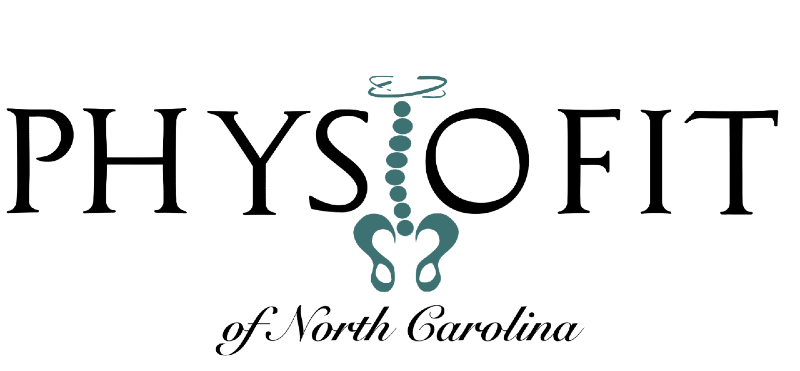Free Movement Screens at Orange Theory Fitness in Wake Forest!
Having pain during your workout?
Schedule a 15-minute screening with Dr. Danielle or Dr. Harrison on Friday, August 9, 2024 from 10:30am-12:30pm at Orange Theory Fitness Wake Forest.
They can answer questions about any pain you’re having while exercising and can look at your hips, ankles, spine, and shoulder movements to determine tweaks to your training.

